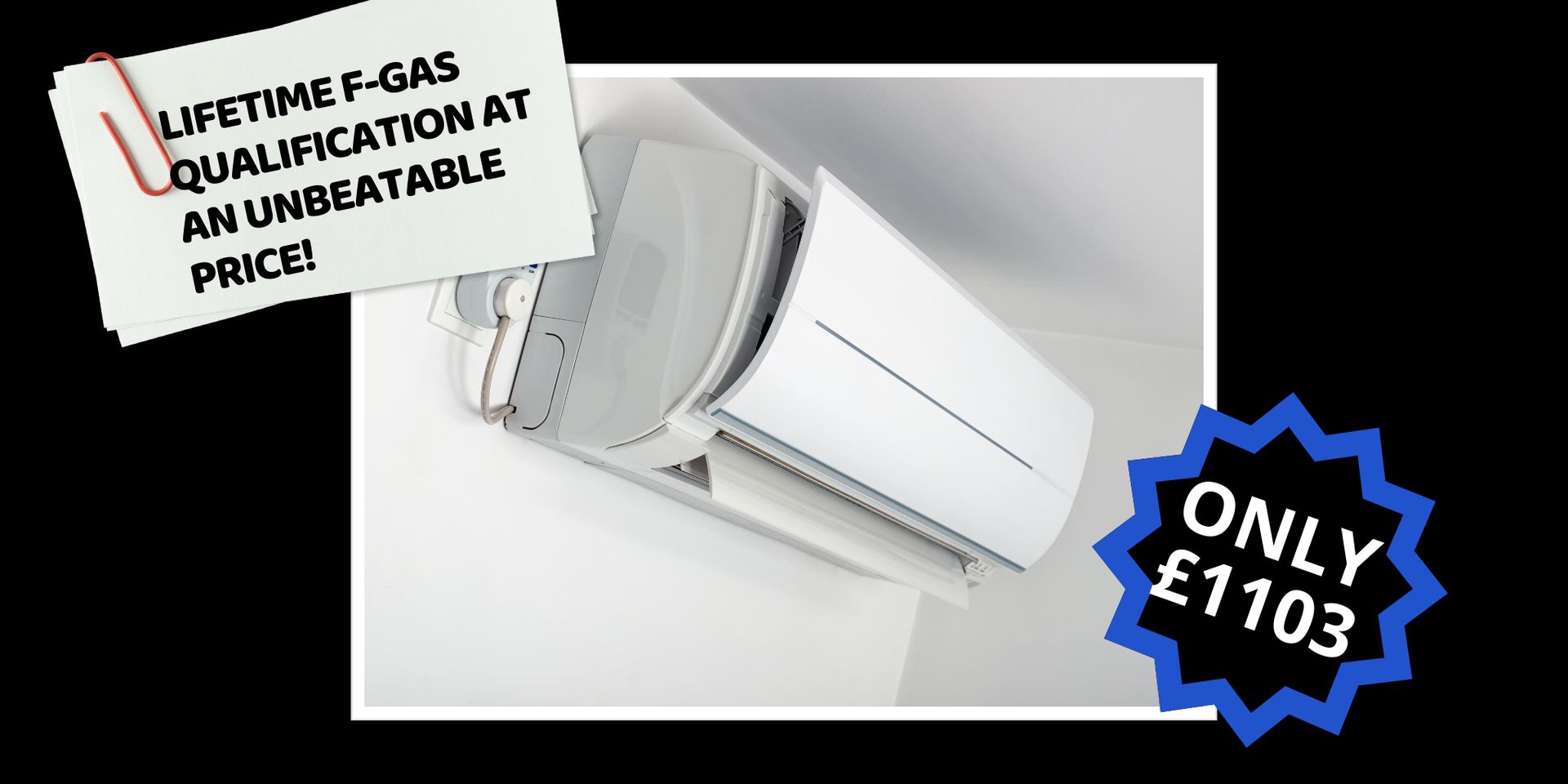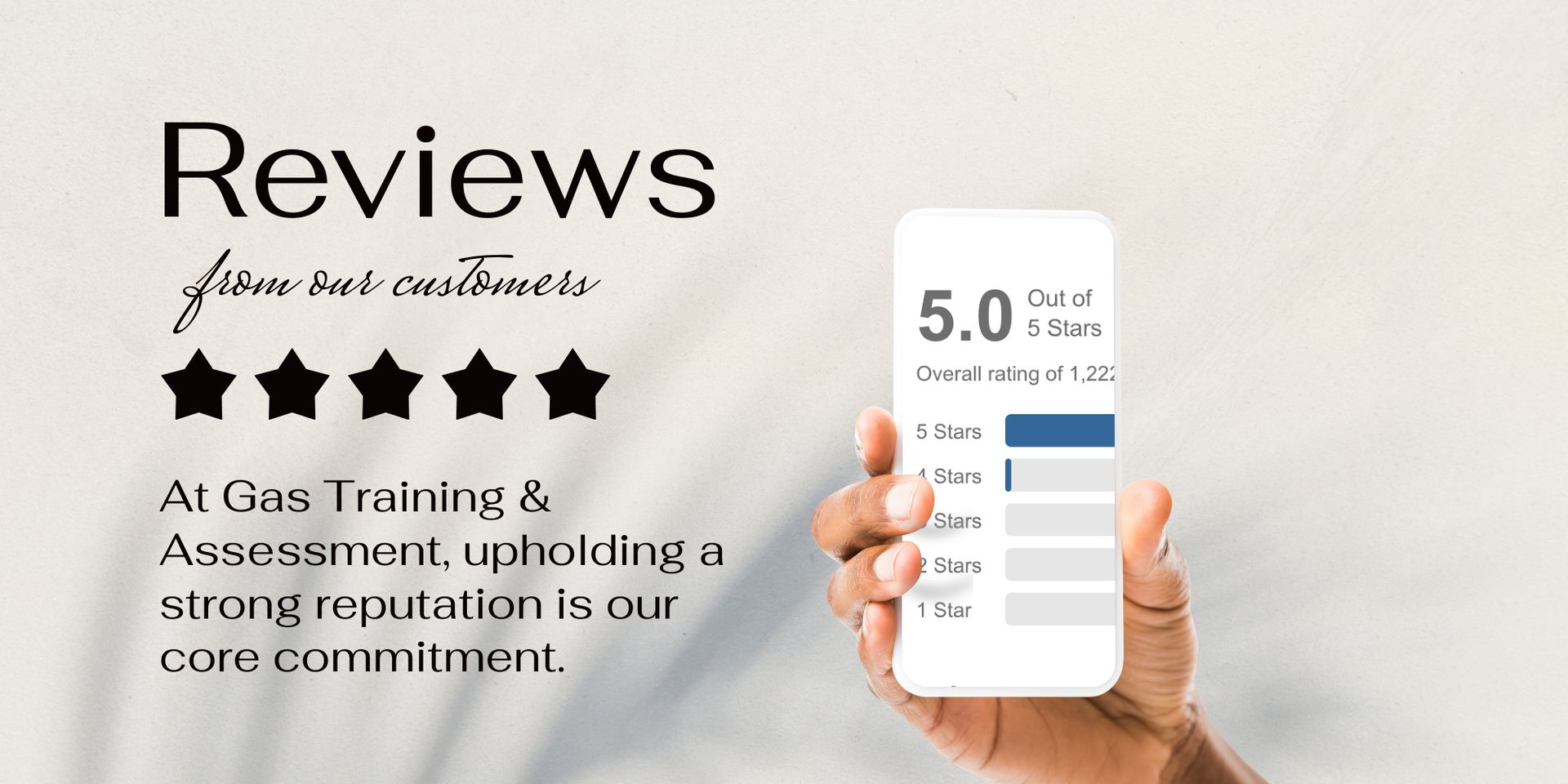How Hydrogen Boilers Might Be the Future of Heating
This article explores the potential of using hydrogen as a fuel for domestic boilers, discussing how the UK Government is investing in the technology for hydrogen-powered boilers, the various advantages of using hydrogen, and the challenges that must be addressed in its implementation. The article also looks at the practical considerations that need to be considered when considering hydrogen as a fuel source and its potential to help the UK reach its carbon-neutral goals.
What Is a Hydrogen Boiler?
Several companies are developing hydrogen boilers, and they can use both natural gas and hydrogen as fuel. They look very similar to traditional gas boilers and are installed similarly, with a connection to the gas mains and the delivery of either hydrogen or natural gas.
Transitioning to Hydrogen
The process of transitioning to hydrogen gas is gradual, taking place over some time. Boiler manufacturers have already begun to progress, creating prototypes designed to work with hydrogen gas. Prices are expected to be comparable to existing gas boilers, which is encouraging news. This transition will not happen overnight but is certainly something to look forward to in the future.
The transition to hydrogen is likely coming over the next decades in three major phases:
1. New-Generation Hydrogen-Ready Boilers
Manufacturers are developing boilers prepared to use hydrogen as a fuel source. These boilers can take in a combination of different gases, including hydrogen. It is expected that these boilers will be able to be adapted to use only hydrogen as fuel by 2025.
2. Rollout of New Hydrogen Gas Blend
A new type of hydrogen gas is being developed to be used in the existing gas network. This will blend hydrogen and other gases, not pure hydrogen. New boilers are being made that can accept this 20 per cent hydrogen blend. The plan is to introduce the new hydrogen blend to the existing gas network after 2028.
3. Total Adoption of Hydrogen Gas Boilers in Households
The ambition for the UK is to transition all households to boilers that can burn hydrogen gas exclusively. This switchover is likely to take place over several years and is not expected to be complete until many decades from now.
The Importance of Having Alternative Gas Boilers
The Paris Climate Change Accord of 2016 aims to reduce global carbon emissions to become carbon-neutral by 2050. To meet this goal, the UK government has established an ambitious low-carbon agenda focused on transitioning away from the traditional use of fossil fuels for heating, which accounts for a third of the nation's total carbon emissions. This shift is necessary to tackle global warming and effectively ensure a more sustainable future.
Low-carbon heating is a way to reduce our carbon footprint and meet environmental targets. This can include using heat pumps, solar panels, biomass energy and hydrogen boilers. Residential boilers have already been regulated and now must be at least 90 per cent efficient. In addition, all new build properties will be banned from having gas boilers from 2025.
Conclusion
Hydrogen boilers are revolutionary in the world of home heating. They are highly efficient and offer a clean and renewable energy source, meaning they are both environmentally friendly and cost-effective. This means that they have the potential to revolutionise the way we heat our homes. With further technological advancements, they are likely to become a more widely adopted form of heating. This exciting development could drastically reduce our carbon footprint and offer more cost-effective heating solutions.
Gas Training and Assessment provides relaxed, friendly, and small gas training classes focusing on gas, electric, plumbing, heating, and renewable energy in Basildon and Essex area. We really go the extra mile to ensure our gas training courses are the best. If you need
ACS gas training, we’ve got you covered! Get in touch with us today and let us know how we can help!























